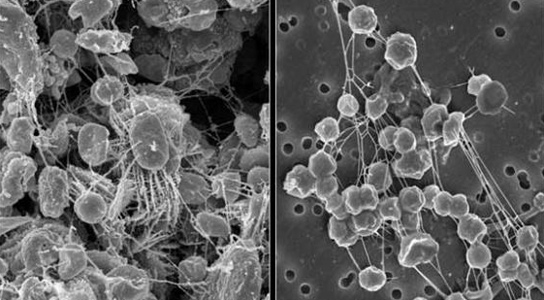
Using appropriate computational tools, researchers can extract individual genomes from genetic material in samples, even without culturing the organism.
Until now, researchers could only sequence the genomes of microbes in two ways. They could sequence it directly, which requires growing the organism in a culture to a manageable level, which isn’t always possible, or they could use metagenomics and try and pick out the DNA that belongs to the microbe from the vast amount of genetic material present in an environmental sample. This method only works if the organism is the dominant member of a community. Now, researchers have discovered that with the right computational tools, they can extract individual genomes from the slurry of genetic material in samples, even if the organism hasn’t been grown in a culture.
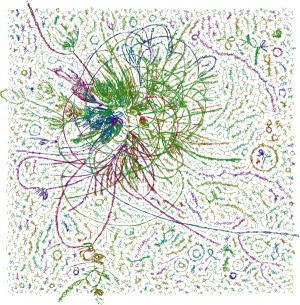 Researchers from the University of Washington in Seattle published their findings in Science today (February 3, 2012). Virginia Armbrust et al. collected samples from surface water, and used a metagenomic approach to isolate 14 likely genomes, two of which led to complete genomes. One of these came from Euryarchaeota, a widespread group of marine organisms, which had never been grown in culture or sequenced before.
Researchers from the University of Washington in Seattle published their findings in Science today (February 3, 2012). Virginia Armbrust et al. collected samples from surface water, and used a metagenomic approach to isolate 14 likely genomes, two of which led to complete genomes. One of these came from Euryarchaeota, a widespread group of marine organisms, which had never been grown in culture or sequenced before.
The scientists used next-generation sequencing to extra DNA fragments from the water samples and stitch them together to produce an intact metagenome. The approach comes from video compression technology that Armbrust’s PhD student Vaughn Iverson developed for Intel. The computational method broke down the stitched metagenome into parts that could be separated into different types of organisms. Iverson plans to release the software in the next six months.
The clever approach demonstrated that sequences of uncultured organisms could be extracted directly.
Reference: “Untangling Genomes from Metagenomes: Revealing an Uncultured Class of Marine Euryarchaeota” by Vaughn Iverson, Robert M. Morris, Christian D. Frazar, Chris T. Berthiaume, Rhonda L. Morales and E. Virginia Armbrust, 3 February 2012, Science.
DOI: 10.1126/science.1212665


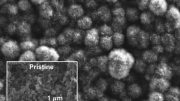

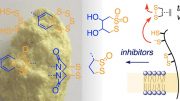


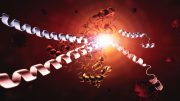
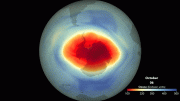
Be the first to comment on "Researchers May Be Able to Sequence Genomes of Any Microbes"